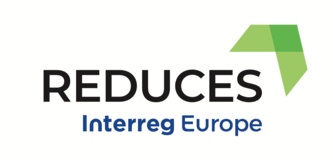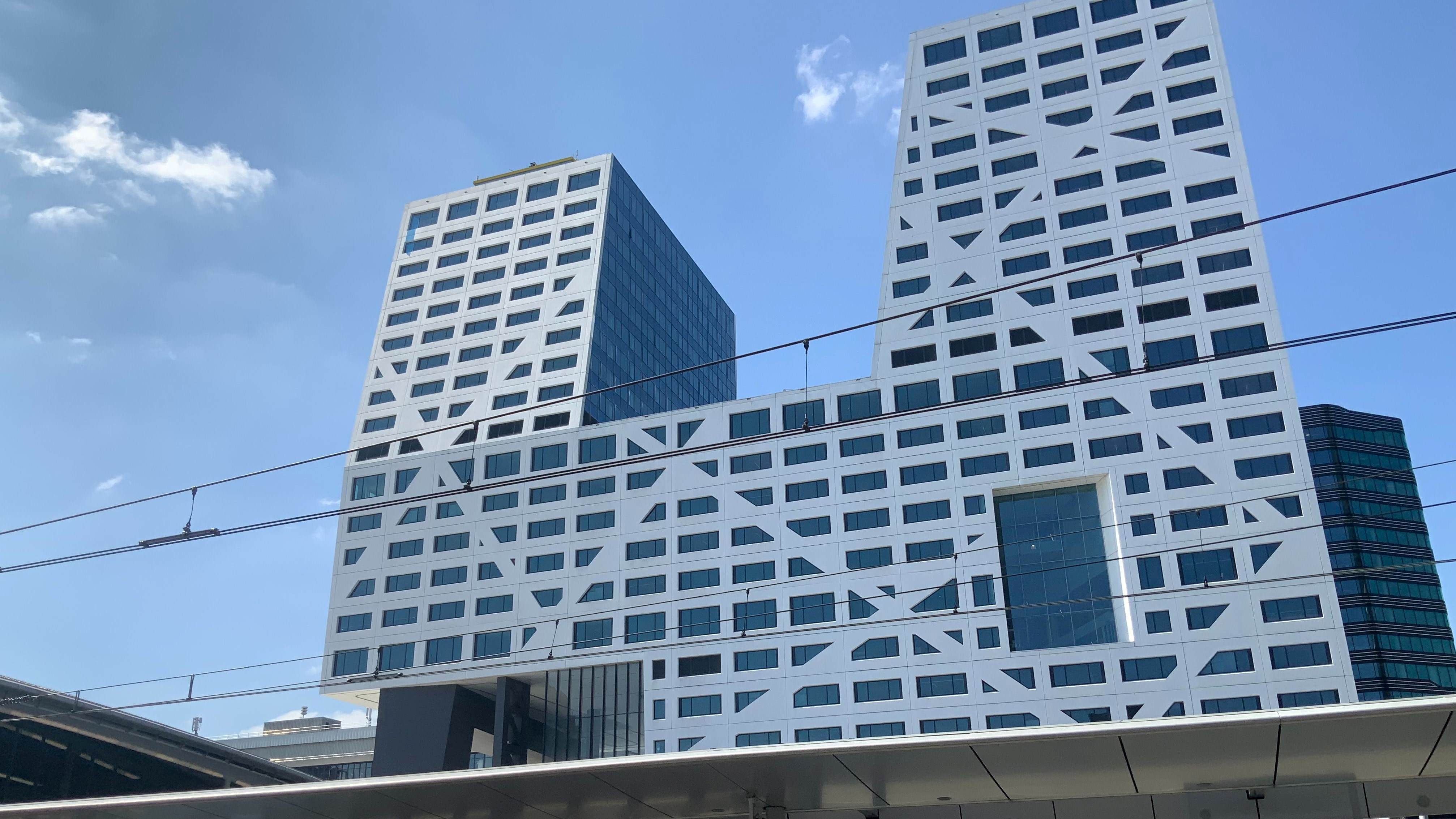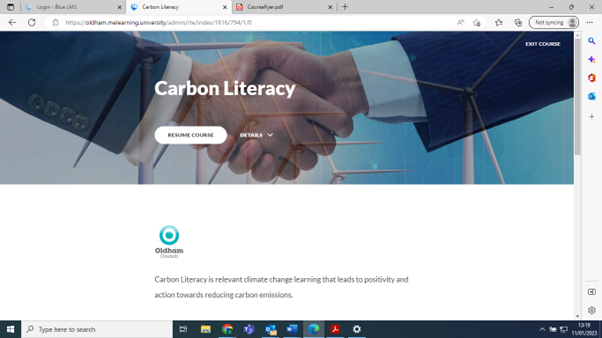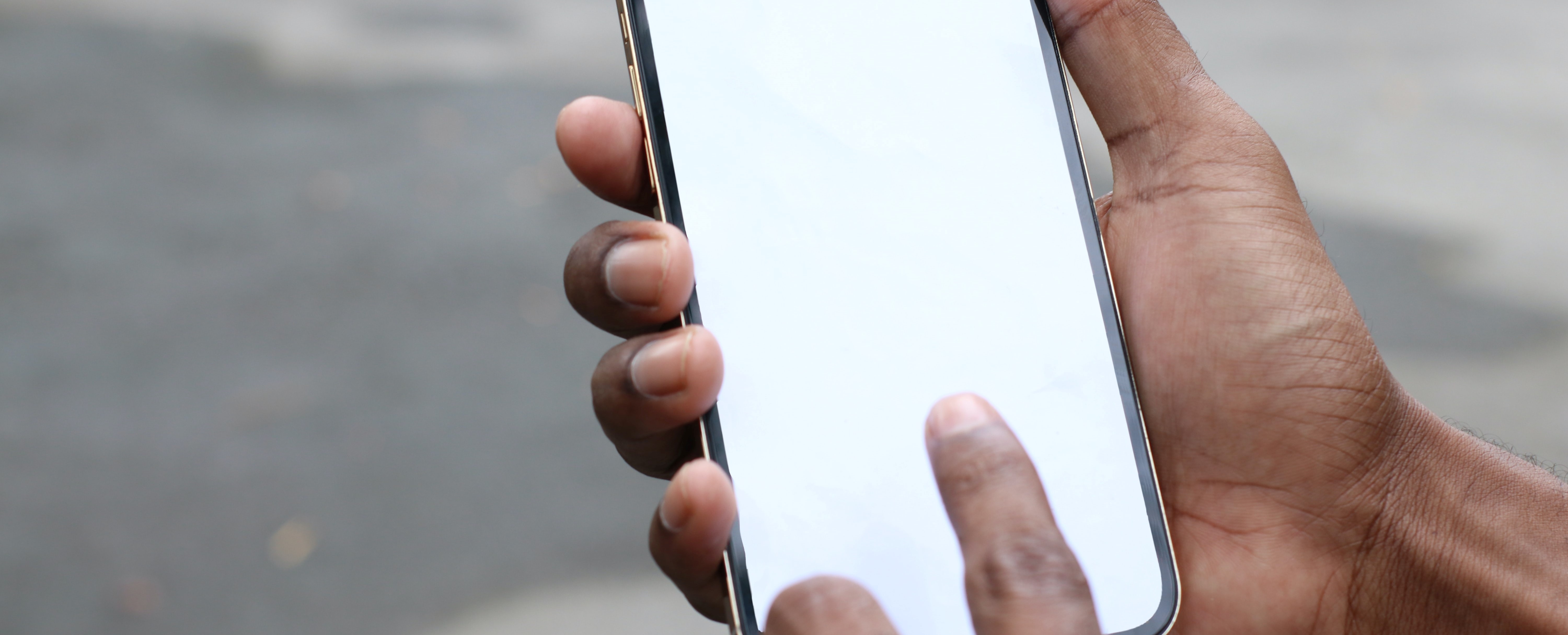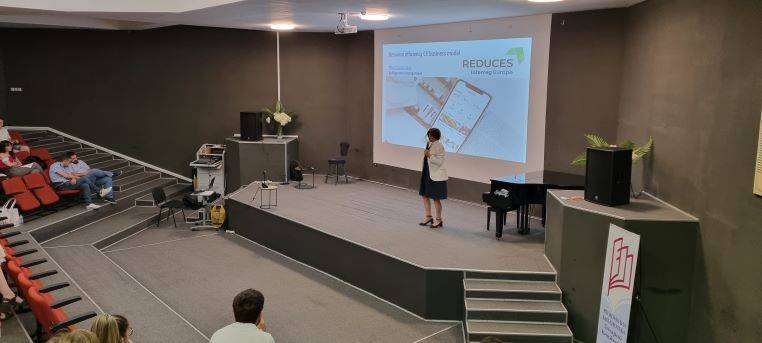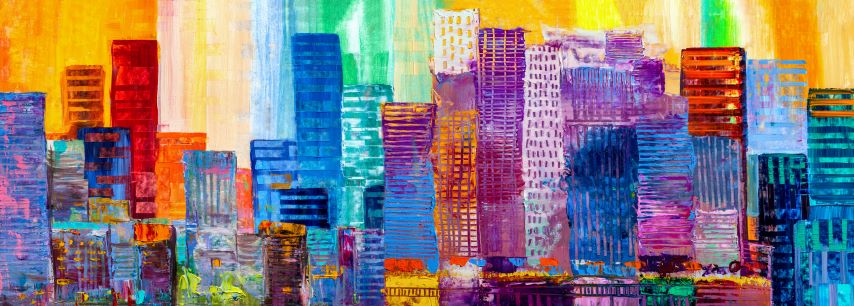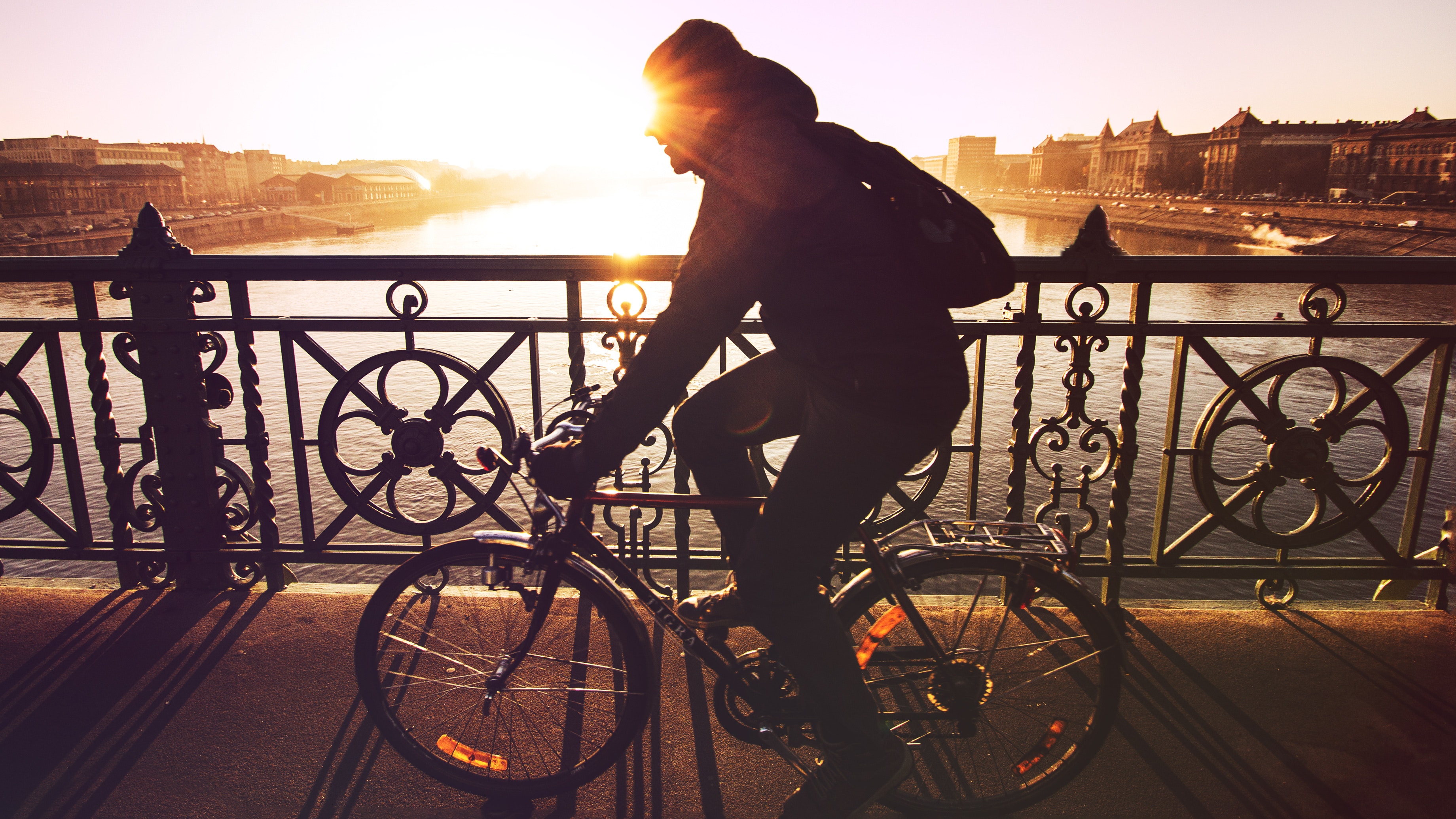When I first got the email from Marketta, the communication manager of the REDUCES project, in which she proposed me to be the icebreaker of this blog series I was definitely surprised. Meanwhile as I am a “challenge-accepter” I wrote back: Good, great idea, thanks for the honour but I do warn you: it will not be about S.Q. (status quo), DL (deadlines), G.P., F.L.V. ... or other EU language patterns. :)
What I do want to share are the memories and thoughts when I first got to know the REDUCES project and its themes at the beginning of August 2019.
So the remembrance. It was back in the 80’s. My grandmother, a tender-hearted grandparent. She had a special taste for reading, especially newspapers and magazines and the crosswords you can find in them. This habit caught me also, and soon, from my childhood, I started to be her companion in filling in the crosswords from the magazines and newspapers our postman delivered us every morning. We had contests of who would most quickly complete the crossword. The winner would have the first bite from our snack.
Because of this habit of reading, her house was slowly over time full of magazines and newspapers, which were all stored in a small basement. One day when we entered in, the place was so full with them that we could hardly move and be able to put our jars with apricots on the shelves. That was the day, not just because I love my apricot jam, when I pop up with the question:
- Grandma why do you store all these old newspapers and magazines? Because of the money you paid for them, right?
- Oh, my grandma exclaimed, kiddo, in life not all is about making money but you are right, they mean a lot of money if you analyse it well? Think child, all these magazines and newspapers tone of hard work, science and… trees! These papers can have a great value but people do not see them like this today. But what will they mean in the future for the economy…
Soon I found out how right she was.
Baby steps for circular economy
In our school, the local Communist Party leaders started a big recycling contest; I remember it was back in the 80’s of Romania. The class who collects the most paper and cardboard would be awarded with a big diploma and special speech recognition in front of the school Square with the all red flags communist ceremony (those where the times).
I think it is already obvious what happened. My beloved grandma’ offered me all her well-stored magazines and papers, around 190 kg’s, for recycling, which together with the effort of my classmates, made us the “First Recycling Class” in the whole school! You can only imagine the happiness and pride of my classmates and especially our teachers when they realized they will get the praise from the highest level of the Romanian Communist Party leaders for doing a good work with their pupils.
What we did was in fact a pure collection of paper and cardboards and offering them for recycling. Lessons learned? Collecting and recycling is good.
I told you this short old story because somehow I felt that it is related to the REDUCES project. Can we think that those times were the “baby steps” or “ancient grass-roots” for the future projects on circular economy? Can we think that my grandma’s habit to store all the magazines and newspaper was a “GP - Good Practice”? I wonder what Jenni Suominen, our project manager from Finland, would have said about this old idea, if she had knew about it in those days. :)
Collaboration and sharing knowledge
The REDUCES project has many ambitious objectives and topics like Resource efficiency, Sharing platforms, Product-life extension, and Product as a service. And among them are Recycling and Renewability but from another level than in my short old story.
Through the REDUCES project we can also present what can we do in economy and everyday life for reducing the impact on nature, make policy changes and educate people to have another attitude on recycling, for example.
The aim of the REDUCES project is engaging with relevant CE stakeholders and sharing information to ensure a wide dissemination of project progress, results and findings. Nevertheless, to see how we can find out what is the situation these days, in 2020’s. For sure it is very different from the 80’s.
The project also aims to find out the contemporary state (Status Quo) of the Circular Economy (if it really exists in every region), and Good Practices in each region. The project supports the development and upscaling of sustainable circular economy business in six European regions by involving and influencing policymakers and policy instrument owners.
Moreover, maybe the most important aim of the project, in these pandemic days, is to improve collaboration and sharing knowledge between regions.
More explanations and info can be found here or on Twitter and on Facebook.
Gheorghe Paul Szaniszlo
Senior Counsellor International Relations Office
Maramures County Council
